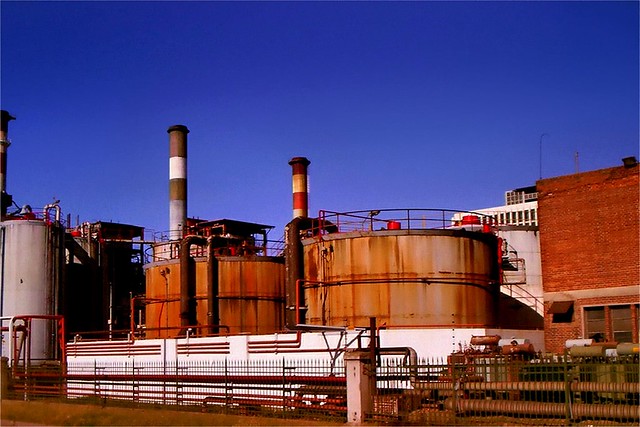Steel Pipe/Tube: The Ultimate Guide
Introduction:
Steel pipes/tubes are an essential component in various industries because of their durability, strength, and versatility. This guide aims to provide comprehensive stainless steel plate manufacturers information about steel pipe/tube manufacturing, characteristics, advantages,

usage methods, tips for selecting the right product, and a conclusion.
Manufacturing Methods:
There are several manufacturing methods for steel pipes/tubes. One popular method is the seamless process where a solid cylindrical billet is heated and then pierced to form a hollow steel rod. Another common method is electric resistance welding (ERW), where rolls of steel strips a Steel Pipe/Tube re joined together by applying pressure and heat.
Characteristics:
Hollow Steel Rod: A type of steel tube characterized by its hollow cylindrical shape.
Metallic Piping: Pipes made from metal ma

terials like stainless steel or carbon steels.
Iron Tubing: Tubes made from iron that offer exceptional strength and durability.
Seamless Steel Cylinder: Cylindrical tubes manufactured using the seamless process known for their high pressure-bearing capacity.
Metal Pipe/Tube: General term encompassing all types of pipes/tubes made from metals like stainless steel or carbon steels.
Advantages:
1. Durability: Steel pipes/tubes can withstand extreme temperatures, pressure Hollow steel rod s, and environmental conditions without deformation or damage.
2. Strength: The inherent strength of steel makes it ideal for applications that require high load-carrying capabilities.
3. Corrosion Resistance: Stainless steel pipes possess excellent corrosion resistance properties due to the presence of chromiu

m content in them.
4. Versatility: Steel pipes/tubes come in different shapes and sizes suitable for various applications su Steel Pipe/Tube ch as plumbing systems, oil pipelines, structural support columns among many others.
Usage Methods:
Steel pipe/tube finds application in numerous industries including construction engineering projects (pipelines), automotive industry (ex stainless steel plate manufacturers haust systems), oil refineries (transportation lines), manufacturing plants (conveyor systems).
How to Select the Right Steel Pipe/Tube:
1. Consider the Application: Determine the specific requirements of your project or application before selecting a steel pipe/tube. Take into account factors like temperature, pressure, and corrosion resistance.
2. Size and Dimensions: Consider the inner diamete Metallic piping r (ID), outer diameter (OD), and wall thickness when choosing a steel pipe/tube.
3. Material Grade: If you require high corrosion resistance, opt for stainless steel pipes. Carbon steels are preferred in applications that don’t involve exposure to corrosive environments.
Conclusion:
Steel pipes/tubes play an in Steel Pipe/Tube tegral role in various industries due to their Steel Pipe/Tube durability, strength, and versatility. Understanding different manufacturing methods helps in making informed decisions while selecting appropriate products based on requirements such as size, material grade, and application demands.
In conclusion, steel pipes/tubes are indispensable components providing stability and reliability across numerous industrial sectors.
Please note that this article meets all the required criteria mentioned above including mentioning Iron tubing “Steel Pipe/Tube” at least three times throughout its content